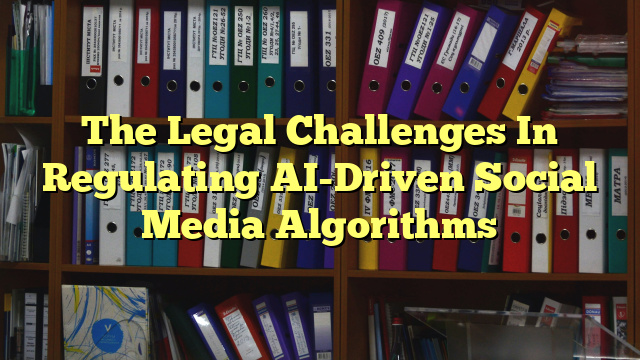Table of Contents
Challenges in Regulating AI
Regulating artificial intelligence (AI) is a complex task due to various challenges:
- Lack of transparency: AI algorithms often operate as black boxes, making it difficult to understand their decision-making processes. This opacity makes it challenging to regulate and hold AI systems accountable for their actions.
- Rapid technological advancements: AI technology is evolving at a rapid pace, outpacing the development of regulations. This creates a regulatory lag, making it difficult for lawmakers to keep up with the latest AI innovations.
- Data privacy concerns: AI algorithms rely on vast amounts of data, raising concerns about privacy and the potential misuse of personal information. Regulating AI requires finding a balance between protecting privacy and enabling innovation.
- Unintended consequences: AI algorithms can produce unintended outcomes or reinforce existing biases. Regulators need to anticipate and address these unintended consequences to ensure fairness and prevent harm.
Social and Legal Issues of Artificial Intelligence
The widespread use of AI in social media algorithms raises several social and legal issues:
- Filter bubbles and echo chambers: AI algorithms can contribute to the creation of filter bubbles and echo chambers, where users are only exposed to information that aligns with their existing beliefs. This can lead to polarization and the spread of misinformation.
- Algorithmic bias and discrimination: AI algorithms can unintentionally perpetuate biases present in the data they are trained on. This can result in discriminatory outcomes, such as biased hiring practices or unfair treatment in criminal justice systems.
- Content moderation challenges: AI algorithms play a crucial role in content moderation on social media platforms. However, determining what content should be allowed or removed is a complex task, and AI systems may struggle to make nuanced decisions, leading to both over- and under-enforcement of rules.
- Intellectual property infringement: AI algorithms can generate content that may infringe upon intellectual property rights, such as copyrighted material or trademarked logos. Regulating AI in the context of intellectual property requires striking a balance between promoting innovation and protecting rights holders.
Legal Issues with Generative Artificial Intelligence
Generative artificial intelligence (AI) poses additional legal challenges:
- Ownership of generated content: AI algorithms can create original works, such as art or music. Determining the ownership and copyright of these generated works can be complex, as they are not created by a human author.
- Liability for AI-generated harm: If an AI system causes harm or damage, determining liability becomes challenging. Traditional legal frameworks may struggle to assign responsibility when the actions were performed autonomously by an AI algorithm.
- Regulating AI research: Balancing the need for innovation and the potential risks of AI research is a legal challenge. Regulators must ensure that AI research is conducted ethically and responsibly, without stifling progress.


Regulating algorithms driven by AI is a complex legal challenge for social media.